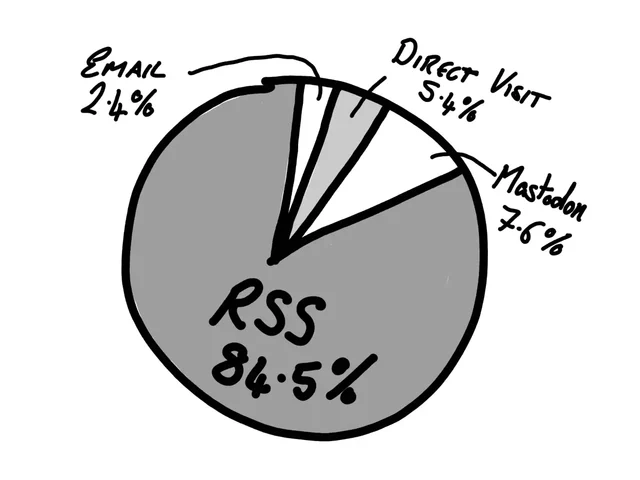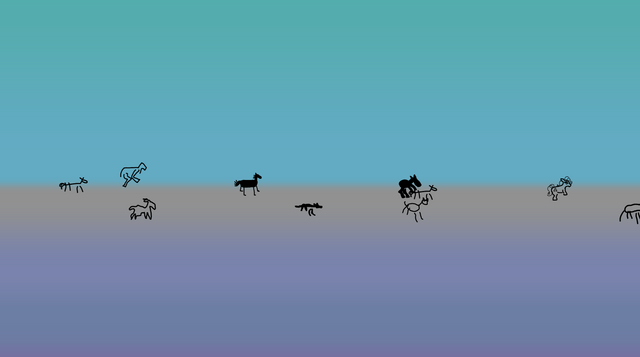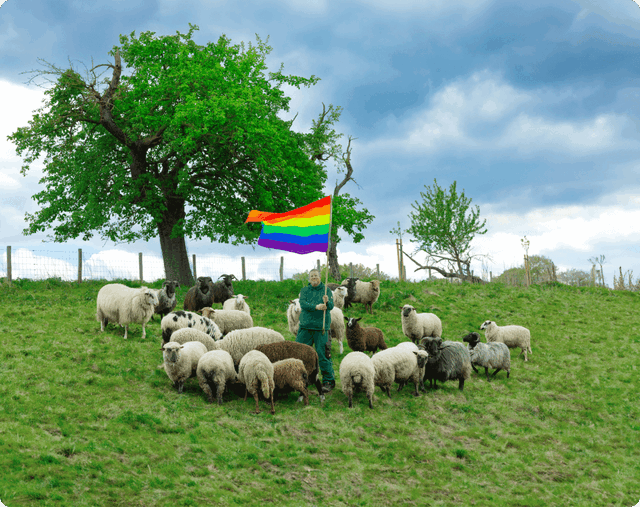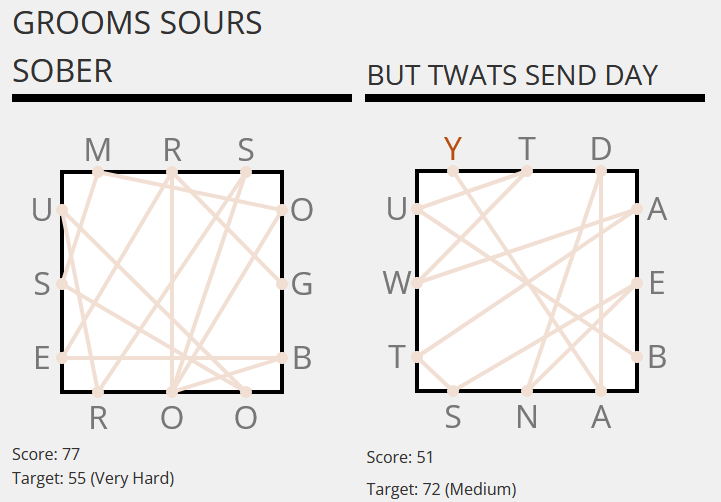- What fragments you?
- What defragments you?
- How are you balancing both?
My dear friend Boro raises this curious provocation, which I really enjoyed musing upon this evening. His choice of words are excellent.
Fragmentation is about context-switching. About disfocus. About the scattering of ideas. We think of defragmentation – the “re-ordering” of data – as a necessary good: bringing management and logic to how our information is arranged. But it’s Boro’s third question that reminds us that that’s not necessarily true.1 2
Anyway: Boro’s post is a reminder that a human brain is not a magnetic drum, and fragmentation is not necessarily something to fear. What’s an extra millisecond or two of psychological “seek time” as you aim to remember the date of your friend’s birthday… if the mental journey takes you past memories of parties long-ago? How bad, really, is a few moments of seeking the right word if, on the way, you discover the perfect metaphor for that blog post?3
What Boro accidentally touches on, for me, is the concept of premature optimisation. We talk about this being bad in software engineering circles, but it’s also bad for us psychologically. Taking shortcuts weakens our ability to think things through “the hard way”. Earlier today, I had a thought about… something inconsequential about heart rates… and chose to use mental arithmetic, over the course of several minutes, to estimate an answer to my query. My phone – with its built-in calculator app – sat in my pocket the whole time. I chose the less-efficient route, and I felt better for it. Efficiency is not always the goal.
Or, as folks in my circles are saying a lot lately: inconvenience is counterculture. I quite like that.
Anyway: thanks, Boro, for the thought.
Footnotes
1 Brief side-note #1: if you’re wondering why you haven’t had to “defrag your hard drive” for the last decade or so: the biggest reason is that SSDs don’t suffer fragmentation in the same kind of way (and, indeed, trying to defragment them probably reduces their lifespan!). Fragmentation on physical media is a problem only because the magnetic heads need to jump back and forth between “parts” of a file or stream of data, which introduces wear and slows down seeking. But on solid state media, where data is referenced directly by memory address, fragmentation is no impediment.
2 Brief side-note #2, with the understanding that the side notes are now getting to be longer than the actual content: one of my favourite features of late-stage HDD defragmentation utilities was that they were smart about what they defragmented where. Not only could they group individual files “together”, they could also group frequently-used-together files close to one another (minimising head movement) and could even cluster frequently-accessed files like operating system data very close to the edge of physical media, where the angular rotation of the heads would be smallest (because the track length was greatest). Mind-boggling how these things, like e.g. screen savers as a mechanism to prevent CRT burn-in, become completely obsolete but still live on in popular consciousness.
3 Y’know, the one about defragmentation.







